Statistical data show Gaza’s GDP plummeted by over 80 percent amid Israel's genocide
Latest data from the Palestinian Central Bureau of Statistics (PCBS) show the gross domestic product (GDP) of the Gaza Strip has plummeted by more than 82 percent, amid Israel’s ongoing genocidal campaign against Palestinians in the coastal territory.
According to the statistics, which detailed the economic reality for the year 2024, unemployment rates have soared to 80% among the region’s population, the majority of whom were daily wage workers or employed by the government in Gaza or affiliated with the Palestinian Authority.
The data went on to reveal that most economic activities across the occupied Palestinian lands plummeted throughout 2024 in comparison with the previous year.
Construction activity in the Gaza Strip witnessed a plunge of 98%, amounting to a value of $332 million, followed by industrial activity which fell by 90%, and agricultural activity which dropped by 91%.
Additionally, the services sector went down by 81%, reflecting a sharp and unprecedented drop in the history of economic and commercial domains, marking the first of its kind in the history of the Israeli-Palestinian conflict.
During the bloody Israeli onslaught against the Gaza Strip, which started on October 7, 2023, the majority of commercial activities closed down in the early days of the war, as Israeli forces targeted industrial, commercial, and economic facilities through airstrikes and ground offensives.
The Gaza Strip has suffered for many years from a tight Israeli blockade, which has caused rising rates of poverty and unemployment among the population, leading to increased levels of deprivation and a decline to approximately $1 in daily income.
Furthermore, food insecurity has swollen, with around 80% of the population receiving aid from international and relief agencies.
The Israeli military has prohibited entry of dozens of materials and goods into the Gaza Strip, under the pretext of their use in military industries for Palestinian resistance factions, depriving the industrial sector of many raw materials and causing the shutdown of dozens of factories.
As the war entered its second year with unprecedented negative indicators, the economic and commercial future of the Strip, along with its industrial sector, appears uncertain and challenging due to the complete destruction of infrastructure.
60% of Gaza’s families homeless
Meanwhile, the Ministry of Public Works and Housing in the Gaza Strip revealed on Sunday that more than 60% of families in the coastal area are homeless as a result of the ongoing Israeli genocidal war which started more than 15 months ago.
“The extent of the destruction in this war is beyond the ability of any party to deal with it quickly and directly,” the ministry said, adding that the destructive power of the massive obliteration of residential neighborhoods is several times greater than the damage caused by the 51-day Israeli aggression in 2014.
It was estimated that tens of millions of tons of rubble were left behind after the destruction of cities, residential blocks, and neighborhoods.
The ministry went on to note that clearing away the debris is the most crucial step in the reconstruction of Gaza. It entails demolishing any structure that endangers public safety, repairing and maintaining any damaged buildings, and protecting surrounding buildings and streets during the demolition and debris removal processes.
According to the ministry’s report, which followed an evaluation and inspection of the Israeli aggression’s effects, dozens of heavy machines suitable for the task’s scope must be brought in because local equipment, the majority of which was damaged or destroyed by Israel’s bombing of government, municipal, and civil facilities, cannot be used to remove the rubble.

Hamas says 19,000 children killed in Gaza, calls for prosecution of Israeli leaders

Lebanon calls on US to stop Israeli strikes, ceasefire violations

Francesca Albanese remains UN’s special rapporteur for Palestine despite pro-Israel opposition
Iran jet fuel use up by over 6% in year to March
VIDEO | Iraq to Yemen, Bush to Trump; ageless legacy of American death and destruction
VIDEO | Press TV's news headlines
Israel claims it destroyed former military site in southern Syria
Israel trying to destabilize Lebanon, Syria through military provocations: Arab League chief
IRGC chief: Iran knows war formulas needed to defeat enemy
VIDEO | Ansarullah leader warns nations against supporting US aggression on Yemen
VIDEO | Conflict with Turkey in Syria...and Israeli divisions


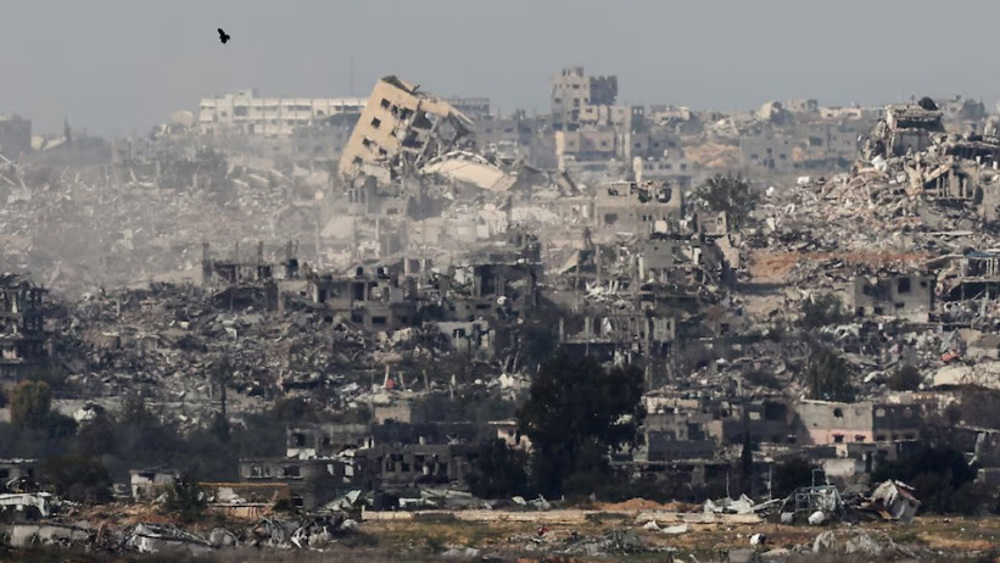
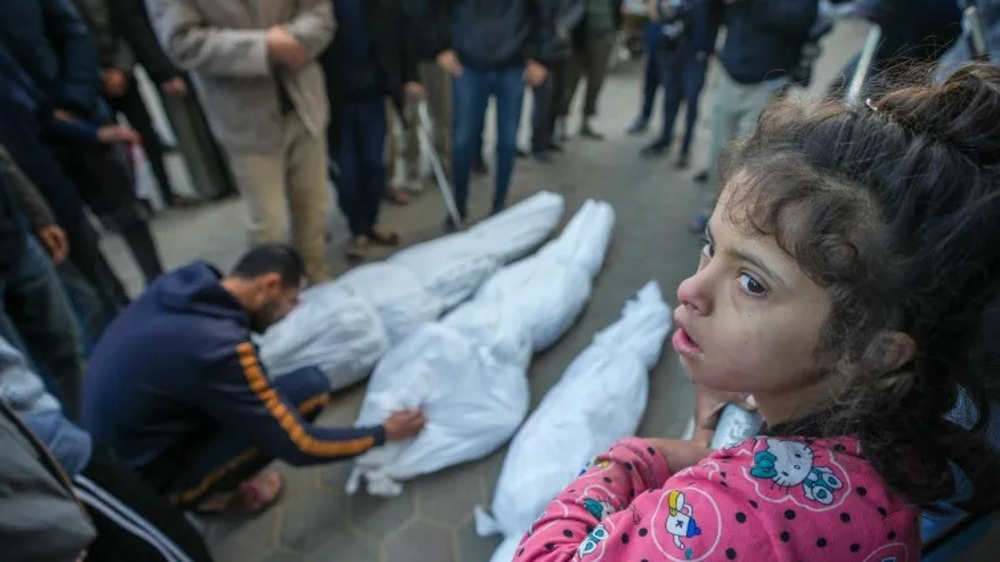



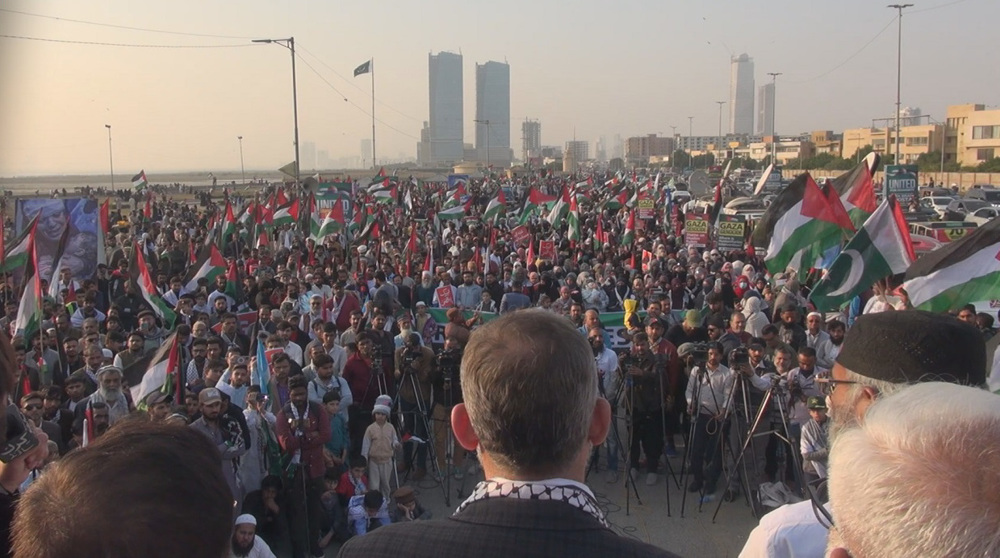
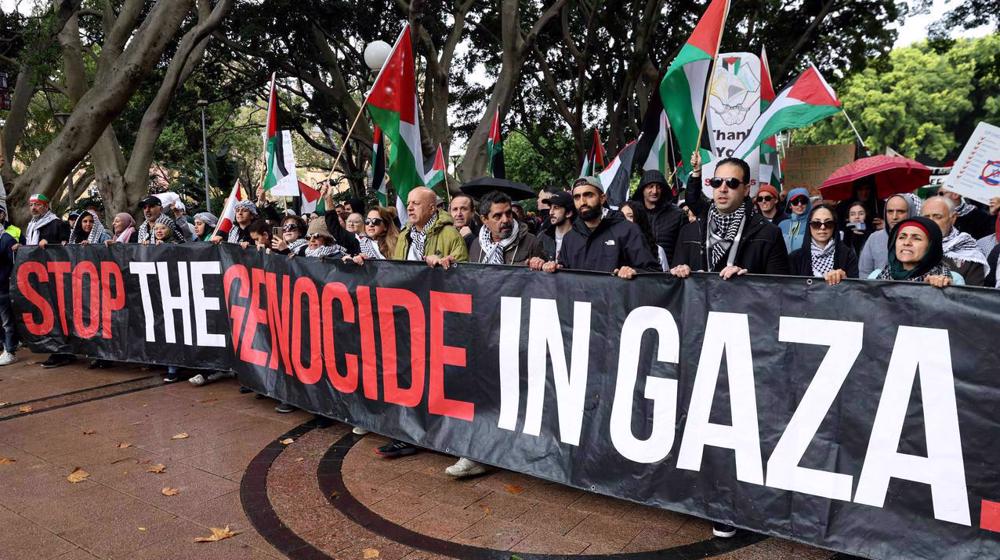

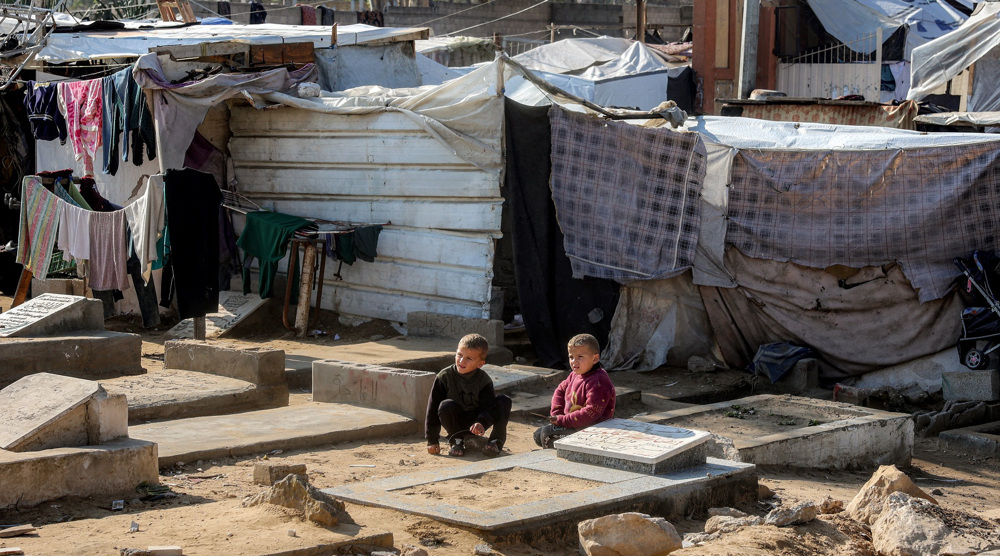
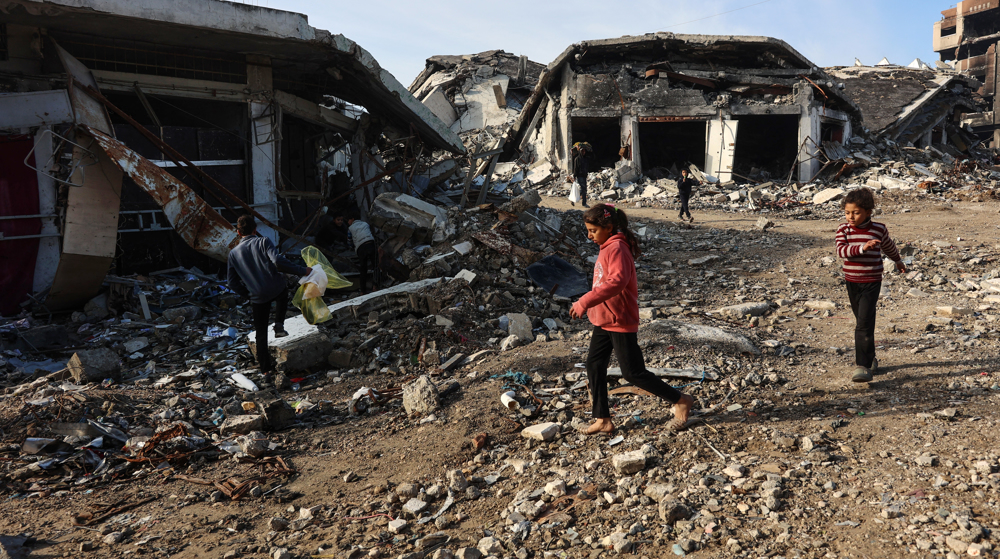

 This makes it easy to access the Press TV website
This makes it easy to access the Press TV website